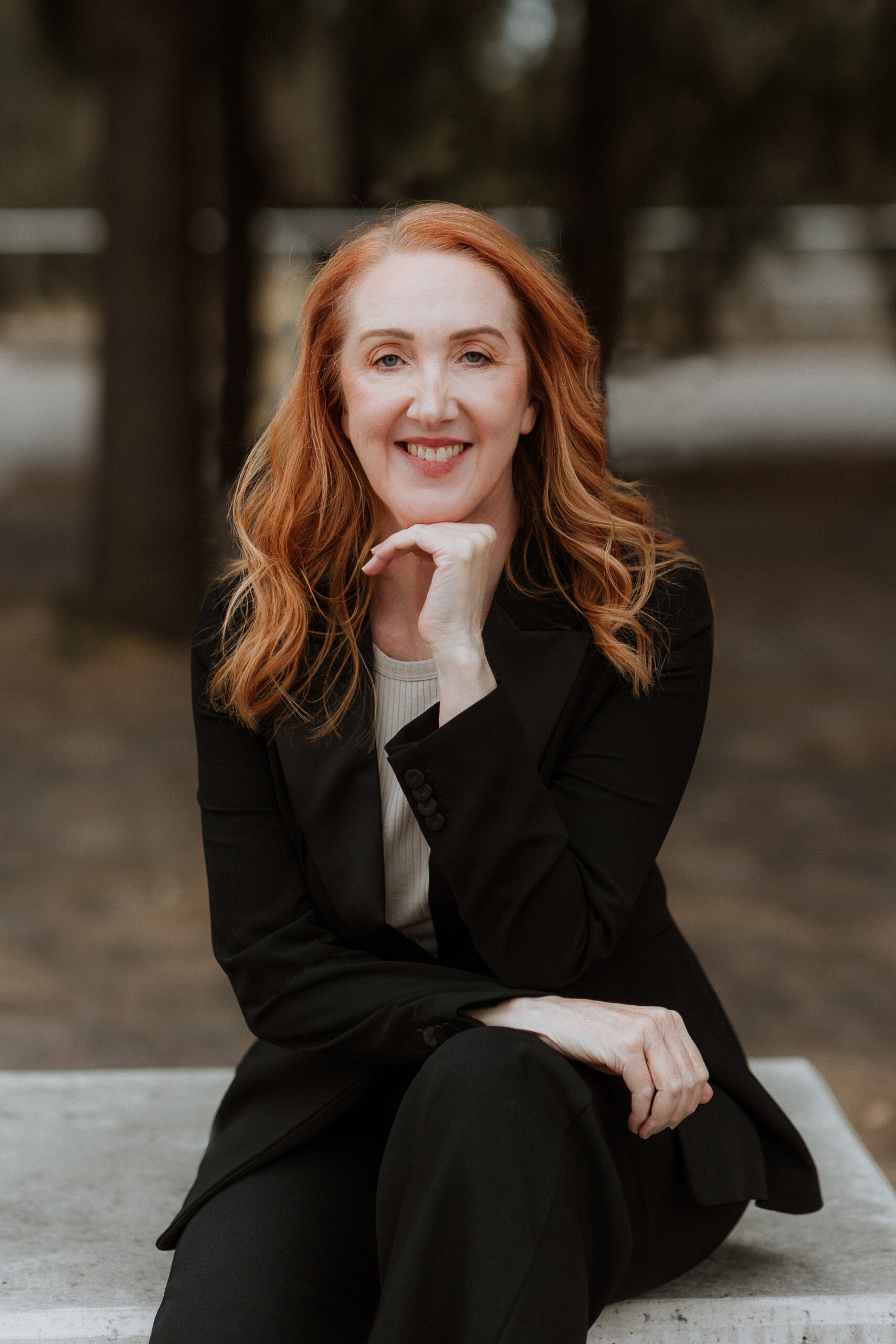Currently Empty: $0.00

Present, Even When Absent: Megan Gilmour on the Mission Behind MissingSchool
When a child misses school due to serious illness, it’s easy to focus on the medical side—the treatments, the hospital visits, the physical recovery. But what happens to their place in the classroom? Their friendships? Their sense of identity? These were the questions racing through Megan Gilmour’s mind when her son Darcy missed nearly two years of school due to a critical illness.
“I saw a huge gap in school support,” says Megan. “There were no answers to basic questions: How many kids are affected? How much school do they miss? Who’s responsible for keeping them connected?”
In 2012, Megan, alongside two other mothers, decided they couldn’t wait for someone else to fill that gap. From a Canberra lounge room, they started MissingSchool, a national charity dedicated to making sure children with critical or chronic conditions aren’t just treated—but seen, heard, and included.
Now more than a decade on, Megan’s work has helped reconnect over 7,200 classmates across Australia.
The Name Behind the Movement

For Megan, the name MissingSchool isn’t just literal—it’s layered with meaning.
“It’s not just about kids missing lessons,” she explains. “It’s about them missing out on life. On friendships, play, community, and the experience of a normal day.”
It’s an experience she knows intimately. “My son Darcy missed almost two years of school due to a critical illness and treatment… In 2012, when no one else was stepping up, it became non-negotiable.”
That raw clarity—equal parts maternal instinct and social justice fire—is what’s driven Megan’s work ever since.
The Isolation Behind the Illness
“The hardest part wasn’t just Darcy’s illness,” Megan recalls. “It was his isolation.”
She describes how the disconnection—more than the diagnosis—took the biggest emotional toll. “He felt forgotten. There was so much anxiety. And when he finally returned to school, everyone had moved on.”
Megan challenges a common myth: that education can wait during serious illness. “There’s a myth that school doesn’t matter during serious illness, but it absolutely does. In some ways, it matters more.”
She explains that prolonged absence can lead to academic loss, fractured friendships, bullying, anxiety, and a loss of identity. “Kids need connection right now, not just care.”
When Zoom Gets Wheels: The Role of Telepresence
One of MissingSchool’s most transformative tools is the use of telepresence robots—technology that enables students to attend class remotely in real time.
“Think of a telepresence robot as Zoom on wheels,” Megan says. “A student dials in from home or hospital and can see, hear, speak, and move around the classroom. They are connecting in real time.”
The impact is immediate and emotional. “One kid said, ‘Mum, I actually got to be in class; it was great!’ Another told us it brought light into their darkest moments.”
She adds that the goal isn’t just tech adoption—it’s cultural change. “We’re about to trial use of school-owned tech—screens and Teams—so virtual presence becomes everyday practice.”
A Moment That Changed Everything

When asked to reflect on why this work matters so much, Megan shares Ethan’s story.
“Ethan had been out of school for over a year with a debilitating condition. When he first logged into his telepresence, so nervous and uncertain, his classmates erupted into cheers. They called out his name, welcomed him into the room like he’d never left.”
That moment of recognition became a turning point. “Suddenly, he wasn’t ‘the sick kid’ or ‘the missing kid.’ He was just Ethan again.”
With ongoing support through telepresence, Ethan graduated Year 12 and now studies at the Queensland Conservatorium of Music. “That’s the power of connection. It keeps kids engaged in their learning, reduces anxiety, rebuilds peer relationships, and reminds them they matter.”
What Schools Can (and Must) Do
Megan is clear that the responsibility doesn’t lie solely with families. Schools have an obligation to support continuity of education.
“Chronic medical or mental health conditions are recognised as disabilities under the Disability Discrimination Act and the Disability Standards for Education,” she says.
“That means schools must work with families and make reasonable adjustments, like using assistive technology for classroom access, flexible curriculum, or extra learning time.”
She adds that other small actions—like assigning a consistent contact person or offering peer check-ins—can make a big difference. “Flexibility, including telepresence, can ease isolation and help kids stay connected.”
Advice for Parents in the Trenches
For families navigating long-term health conditions, Megan offers heartfelt advice: “Don’t wait.”
“Prolonged absence chips away at confidence and belonging. But virtual presence—learn from anywhere—can restore both.”
She urges parents to use the tools available. “Ask for what your child needs. Request use of telepresence technology. Lean on disability standards. Stay connected to the school community.”
“This isn’t about pushing academics,” she clarifies. “It’s about reminding your child they still matter.”
And if it all feels overwhelming? “Know you’re not alone. Our helpline fields hundreds of contacts each month. We have resources to support families and teachers. Start with this question: how can we keep my child present, even if they can’t physically be there?”
National Spotlight, Global Ambitions

Earlier this year, Megan was named 2025 ACT Australian of the Year—a title she uses to amplify her mission.
“When I was named 2025 ACT Australian of the Year, my first thought was: finally, these kids get the stage!”
The award gave Megan direct access to policy leaders. “I’ve spoken directly with Education Minister Jason Clare about recognising children with chronic health conditions as a priority equity cohort.”
Coming next: the launch of See-Be Teach Me, a professional learning community for educators supporting students facing chronic conditions.
“Our ultimate goal?” Megan says. “To work ourselves out of a job. For our education systems to take responsibility, so that no child is ever left out simply because of their health circumstance.”
The mission doesn’t stop at Australia’s borders. “We’re now looking toward the UN. This isn’t just an Australian issue; it’s a global one.”
Where to Next?
As MissingSchool looks to the future, Megan continues to advocate for flexible, inclusive, and compassionate education models that keep every child seen.
For any parent who’s ever felt helpless watching their child fall behind—not academically, but socially and emotionally—Megan has lit the path forward: be present, even when they can’t be.

